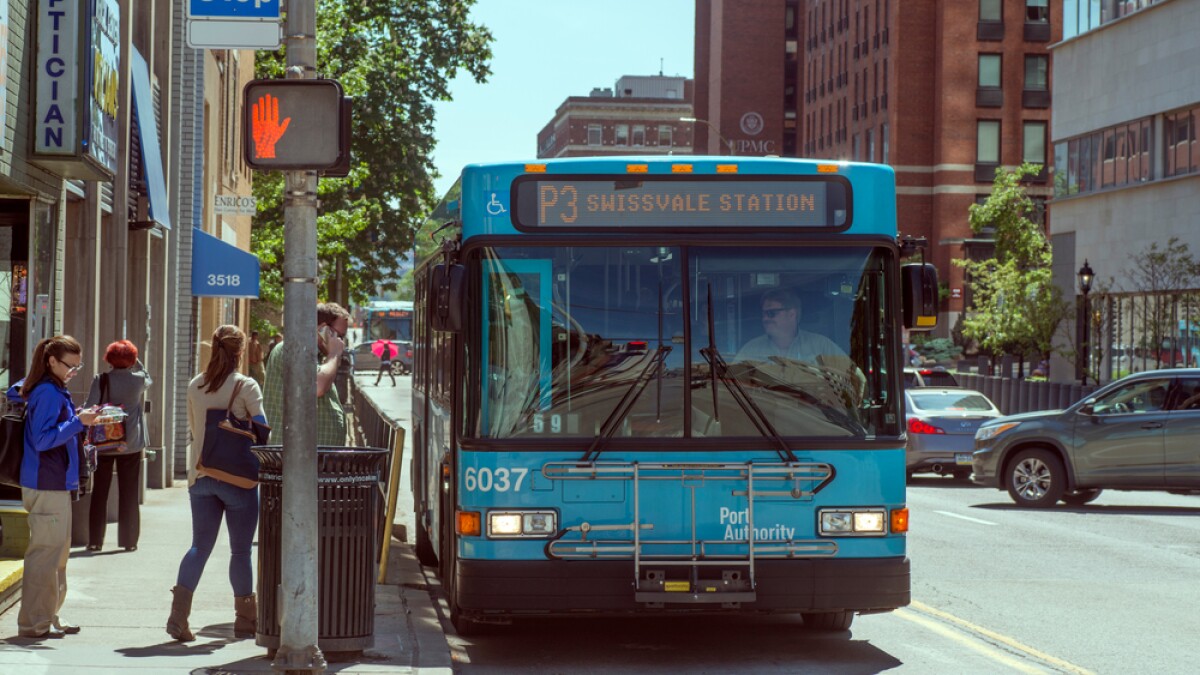“Many Pittsburgh-area residents have stopped taking public transit during the week,” the Post-Gazette reported the obvious on Sunday.
As of the end of June, “average weekday ridership is down by half this year across the Pittsburgh Regional Transit (PRT) system, compared with the three years before the COVID-19 pandemic hit.”
As the Allegheny Institute has documented, it’s not a pretty picture.
Even PRT boss Katharine Kelleman was forced to admit last October that “the ridership world we had on March 13, 2020,” at the beginning of pandemic lockdowns and other restrictions, “is not coming back.”
Thus, a PRT (the Port Authority of Allegheny County) official says the agency is attempting to take “a much more systemic look at how we can adjust our service to meet the needs of where people are actually going and what times they’re trying to get there.”
But it would be remiss not to also take a much more “systemic look” at PRT’s staffing – including administration — and continued out-of-whack costs.
The traditional 9-to-5 “rush hour” passenger surges are long gone, PRT says. But weekend, mid-day weekday and late-night ridership remains strong, relatively calculating, the mass-transit agency says — though also below pre-pandemic historical “norms,” PRT admits.
Again, the trade-off is not an equal one. That is, overall ridership remains down and likely will continue to be, given the continuing changes in how people work.
But while route/daypart evaluations of ridership volumes is critical – and something that already should have been practiced on an on-going basis — what we’re not hearing from PRT officials is anything approaching a commensurate rightsizing of staffing, a sobering evaluation of what it costs to maintain staff bloat (including ancillary staff benefits) and a rational re-evaluation of capital expansion plans.
To that latter point, think of the near-constant talk (and, frankly, ridiculous cost) of expanding the light-rail line from the near North Shore to points north and west.
Think, too, of the under-estimated cost of the Bus Rapid Transit system that has resulted in ballooning costs for a smaller project scope.
Indeed, to survive, PRT must change. And that means far more than just a slick public relations name change/”rebranding” campaign.
But the operational changes must be smart and not based on nibbling around the proverbial edges and wishful thinking. And they certainly cannot be based on a system expansion, expanded primarily on the premise that mostly federal tax dollars will pay for things.
Talk about bureaucratic-assisted suicide.
Colin McNickle is communications and marketing director the Allegheny Institute for Public Policy (cmcnickle@alleghenyinstitute.org).


